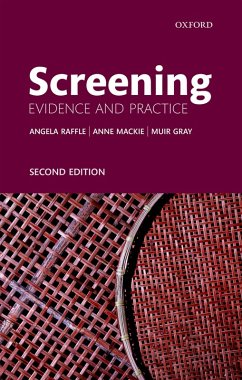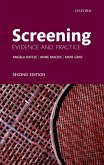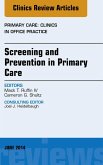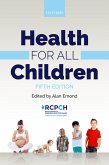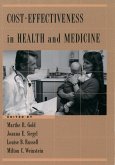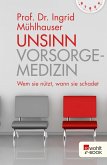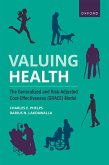Screening programmes involve the systematic offer of testing for populations or groups of apparently healthy people to identify individuals who may be at future risk of a particular medical condition or disease, with the aim of offering intervention to reduce their risk. For many years, screening was practised without debate, and without evidence, but in the 1960s serious challenges were raised about many of the screening procedures then being practised. Benefits and harms of screening must be measured in high quality trials, and the benefits of screening must be weighed alongside the negative side-effects. Concerns were raised about potential and actual harm arising when people without a health problem received dangerous and unnecessary investigations and treatments as a result of routine screening tests. Controversy raged, and it took some 50 years to achieve widespread recognition that evidence-based and quality assured programme delivery was essential, coupled with provision of balanced informed to enable informed choice for potential participants. Commercially motivated provision of poor quality and non-evidence based screening tests is increasing and screening remains a highly contested topic that has relevance in all health systems including for the general public and media. This book serves as a practical and comprehensive guide to all aspects of screening. Following the international success of the first edition, this second edition brings extensive updates and new case study material. The first section deals with concepts, methods, and evidence, charts the story of screening back to 1861, and covers all aspects of a screening programme and how to research the full consequences. The second section is a practical guide to sound policy-making and to high quality delivery of best value screening. The controversies, paradoxes, uncertainties, and ethical dilemmas of screening are explained, and each chapter is packed with examples, real-life case histories, helpful summary points, and self-test questions. Reference is made to the NHS, a leader in screening, but the primary focus is on universal principles, making the book highly relevant across the globe.
Dieser Download kann aus rechtlichen Gründen nur mit Rechnungsadresse in A, B, BG, CY, CZ, D, DK, EW, E, FIN, F, GR, HR, H, IRL, I, LT, L, LR, M, NL, PL, P, R, S, SLO, SK ausgeliefert werden.

